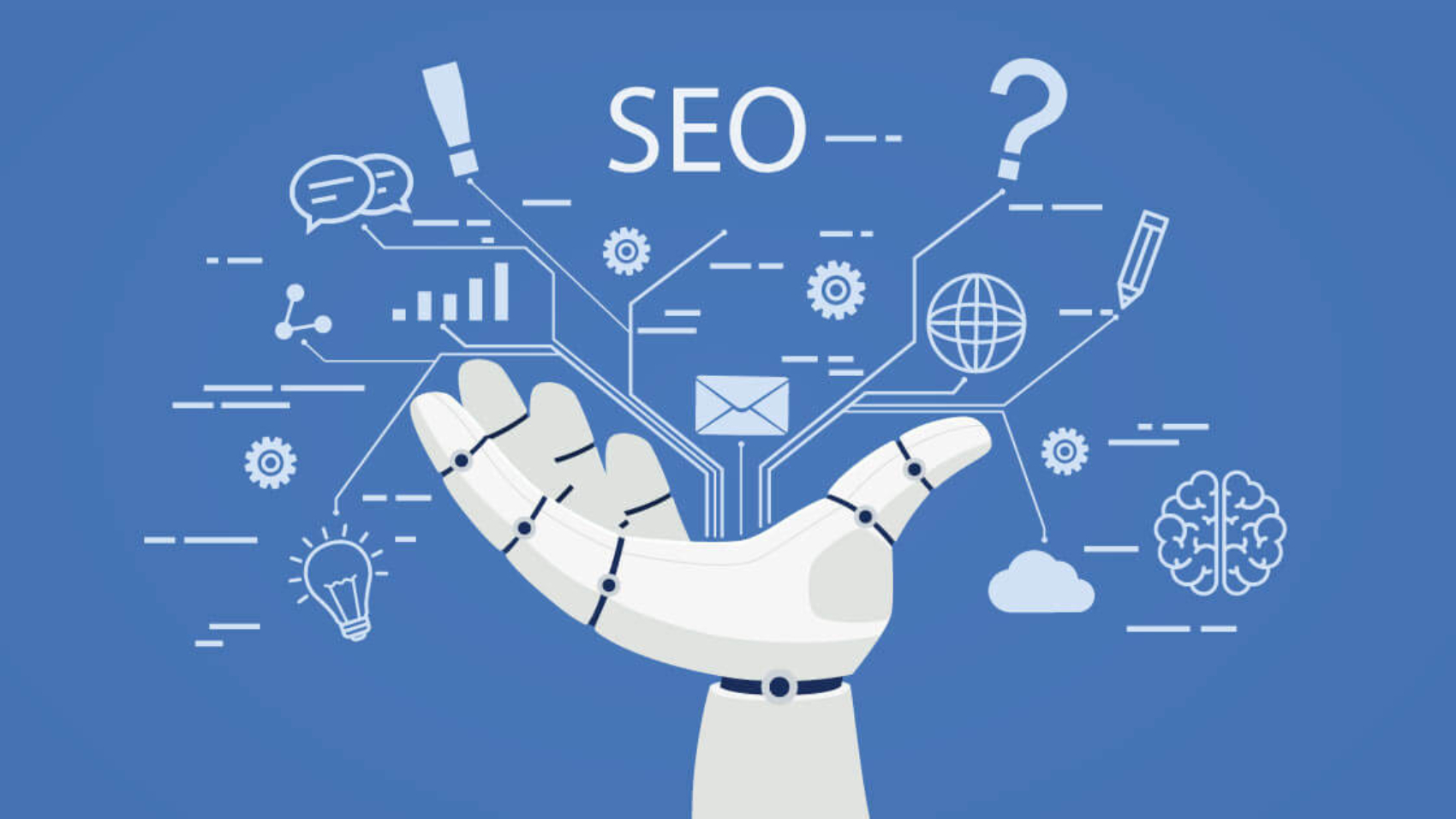SEO and AI why I put them together?
Search Engine Optimization (SEO) and Artificial Intelligence (AI) can be tied and syncronize to make a wonderful result.
How AI help SEO
AI can Improve outcome of SEO as follow:
1. Content Creation and Optimization
- AI Content Writing Tools: Tools like ChatGPT, Jasper AI, or Writesonic will help us to create good content quickly and readability is okey , if properly rewrite.
- Content Analysis: AI can use tool to analyze the content , either readability and density of keywords..
- Topic Generation: Good AI can suggest trending topics based on search engine trend , user preference , intent and data.
2. Keyword Research
- AI tools like SEMRush, Ahrefs, and Surfer SEO trained the AI and utilize the high-performing keywords.
- The AI can help us to forecast the keywords ( from data) and place the suitable ones.
3. Voice Search Optimization
- AI enables better understanding of natural language queries, a key element in voice search.
- Optimizing content for conversational search (e.g., “Where can I find organic coffee near me?”) can be easier to made with AI tools.
4. Search Intent Analysis
- AI algorithms can interpret user intent more effectively, categorizing searches into informational, navigational, or transactional intent, creating targeted content for better rankings.
5. Website and Technical SEO
- Site Audits: AI-powered platforms like Screaming Frog or DeepCrawl identify issues like broken links, duplicate content, and also optimize for speed.
- Page Speed Optimization: can suggest or implement fixes to improve Core Web Vitals (e.g., reducing page load times).
- Schema Markup: automatically generate structured data, making it easier for search engines to understand your site.
6. Rank Tracking and Analysis
- Monitor rankings in real time and analyze fluctuations to identify underlying causes.
- Predictive AI can also estimate future ranking performance based on current efforts.
7. User Experience (UX) Optimization
- Track user behavior on websites, such as bounce rates, time on page, and click patterns.
- Improve site navigation, layout, and design to enhance the user experience.
How SEO Enhances AI
- Training AI Models:
- SEO data (keywords, queries, and trends) trains AI models to improve their understanding of human search behavior.
- This ensures AI tools generate more relevant content.
- Providing Structured Data:
- SEO efforts like schema markup improve data quality, helping AI tools understand and leverage website content effectively.
- User Intent Alignment:
- AI systems rely on SEO insights to stay aligned with evolving search intent and user preferences.
Applications of AI in SEO
1. AI-Powered SEO Tools
- Content Creation & Optimization: Tools like Surfer SEO and MarketMuse analyze data and suggest content improvements.
- Keyword Research: AI-driven platforms (e.g., RankIQ) identify untapped keyword opportunities.
- Link Building: AI can find high-authority backlink opportunities or automate outreach processes.
2. Voice Search and Conversational AI
- As voice search continues to grow, optimizing for conversational queries becomes critical. AI assists in crafting content that answers such queries.
3. AI-Powered Search Engines
- Search engines like Google use AI algorithms (e.g., RankBrain, MUM) to provide more accurate results based on user intent. Understanding these algorithms can help refine SEO strategies.
4. Chatbots for Engagement
- AI chatbots can improve user engagement on websites, indirectly benefiting SEO by reducing bounce rates and increasing time spent on-site.
Challenges in AI and SEO Co-Existence
- Over-Optimization Risks:
- Relying too heavily on AI-generated content might lead to generic or overly optimized content that fails to engage users.
- Search Algorithm Updates:
- AI-driven SEO strategies must adapt to frequent changes in search engine algorithms (e.g., Google’s Helpful Content Update).
- Data Privacy and Ethics:
- AI tools using search data must respect user privacy, ensuring compliance with regulations like GDPR.
Future of AI and SEO Co-Existence
- Hyper-Personalization:
- AI will help tailor SEO strategies to individual user preferences and search behaviors.
- AI-Augmented Creativity:
- While AI handles data-driven aspects of SEO, human creativity will ensure content remains unique and engaging.
- Evolving Search Engines:
- AI will continue to shape search engines (e.g., generative AI in search results), requiring SEO professionals to adapt their strategies.

